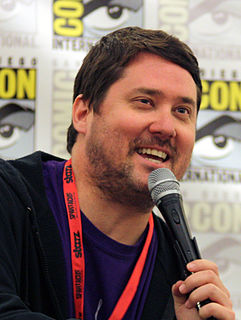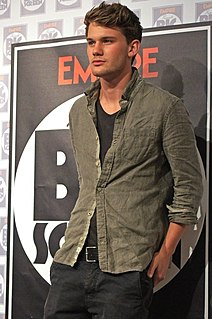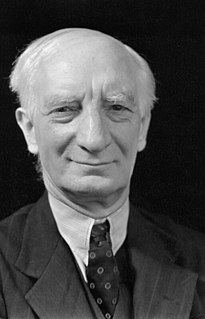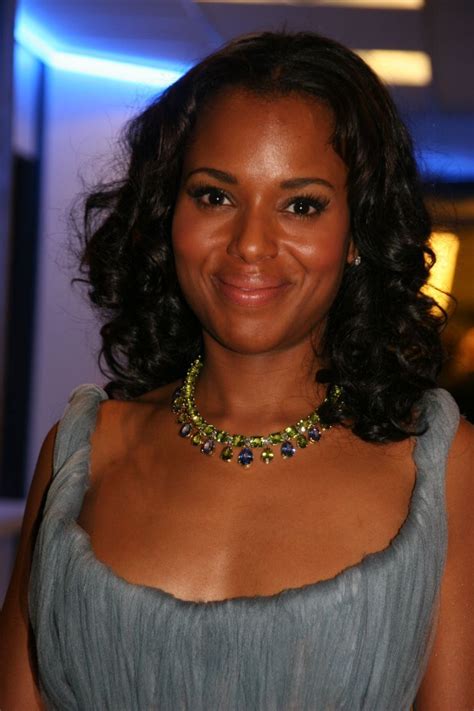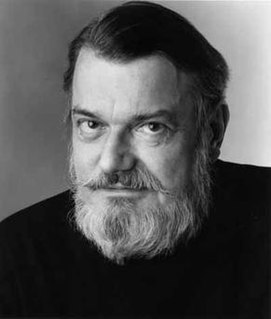A Quote by Douglas Coupland
The way we experience history and time in all its forms shifted quite massively between 1989 and 2001 - to the point where contrivances like decades are now kind of silly.
Related Quotes
There was always, along the way in my career, as more and more I made marijuana a part of my act and my life, the more I'd hear from people saying, like, well, part of the reason that everybody likes it so much is because of the excitement of it not being legal. I always thought that was silly. Especially when it comes to smoking marijuana. People are certainly not less interested in it now that it's legal. In terms of comedy, it has kind of shifted a little bit in that it seems like the novelty has sort of worn off a little bit.
I'm an expert at killing time on planes now. I do a lot of reading. My secret sort of nerdy side is I'm quite into history so I read a lot of history books. Now I write for a few things and I've had a few history things published, which is cool. I indulge my nerdy side and it's kind of as far away as you can get from the acting world so that's nice as well.
There's no neutral language about travel. Either travel is described in ways that make it sound kind of shallow or just glossy or silly or a way for rich people to spend their time; or else travel is often described in quite derogatory ways, you know, like immigrants swarming across borders, for instance.
Any proposals for the future, while they should use to the full the experience gathered in the past, should not be restricted by consideration of sectional interests established in the obtaining of that experience. Now, when the war is abolishing landmarks of every kind, is the opportunity for using experience in a clear field. A revolutionary moment in the world's history is a time for revolutions, not for patching.
I don't want to revisit history or try to re-interpret it, you know, but starting from where we are now, given the experience that we've had in the last, you know, since 2001, which has been an utter disaster, I don't think it's benefited us. Half of our discretionary budget, right, it's like 54% of our discretionary budget right now is being spent on the military. This is not working.
I think "Avatar" is kind of a unique category where people are enjoying the unique theatrical experience even though they may have seen it on the small screen. They want to have that immersive, transportive experience. "2001: A Space Odyssey" played for three years at the Loews cinema in Toronto. I remember that. It just kept playing. People wanted to return to that experience. That may not be the best example because I think "2001" took 25 years to break even.
The success that comes from my books is not something I feel very comfortable with. Past a certain point you have to accept the idea that the success is a lot to do with the timing and luck and that divorces you from it massively. There are aspects of it that I haven't got used to at all. But I've enjoyed some parts of it massively. It relates to the same reason I did a lot of backpacking ? partly for the experience ? it's something to tell my grandkids. It's a weird chain of events to have in your life.
I have always wanted to make a series of films which would be like an 'emotional history' that conveys what it feels like to live through history as an experience rather than a grand story. It would be about the relationship between the tiny fragments and moments of personal experience, and the continual backdrop of big events.
I like a novel to have a certain amount of dead time and filler - unremarkable scenery, descriptions of getting from point A to point B, dialogue in which not much is said - in between the parts that are electric. With a long work that you don't read in one sitting, I think that makes for the best reading experience.


